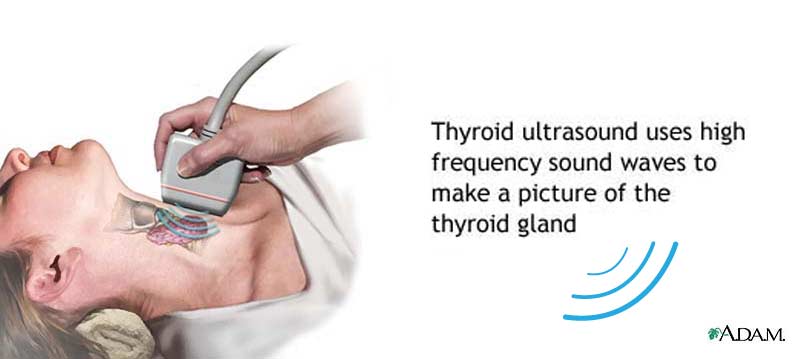How to Identify Parathyroid Gland Disorders
Individuals with parathyroid gland disorders may not exhibit any symptoms at all or symptoms will be subtle enough that the problem will go undetected. However, some people with more severe cases of these types of disorders do experience noticeable symptoms. If you believe that you may suffer from hyperparathyroidism, it is imperative to see an ENT specialist in Sydney for a professional diagnosis.
Fatigue is a common symptom of parathyroid disorders, especially when accompanied with other symptoms associated with the disorder. For instance, if you have also developed kidney stones in addition to experiencing fatigue, it is a good idea to talk with an ENT doctor about your symptoms. Since hyperparathyroidism causes an overproduction of calcium, a side effect is often kidney stones.
Increased anxiety that cannot be explained is another symptom. High blood pressure and other heart-related symptoms is a very common symptom among people with parathyroid disorders. An elevated heart rate, palpitations, or arrhythmia are signs that have been observed in people with hyperparathyroidism.
Depression, vomiting, nausea, impaired concentration, poor memory, constipation, and increased thirst are symptoms that are common in individuals who have a more severe case of the disorder.
Many people discover that they have this condition during a routine blood test when an elevated calcium level is detected. This is why regular checkup are so important, especially since the disorder does not improve on its own and almost always requires parathyroid gland surgery. An ENT surgeon will remove one or more glands during this surgery to ensure that calcium imbalances do not occur in the future.
In many cases, it is only necessary to remove one gland during parathyroid surgery. This allows the remaining glands to resume normal calcium production in a relatively short period of time after the procedure so that the patient can get back to a healthy life.

